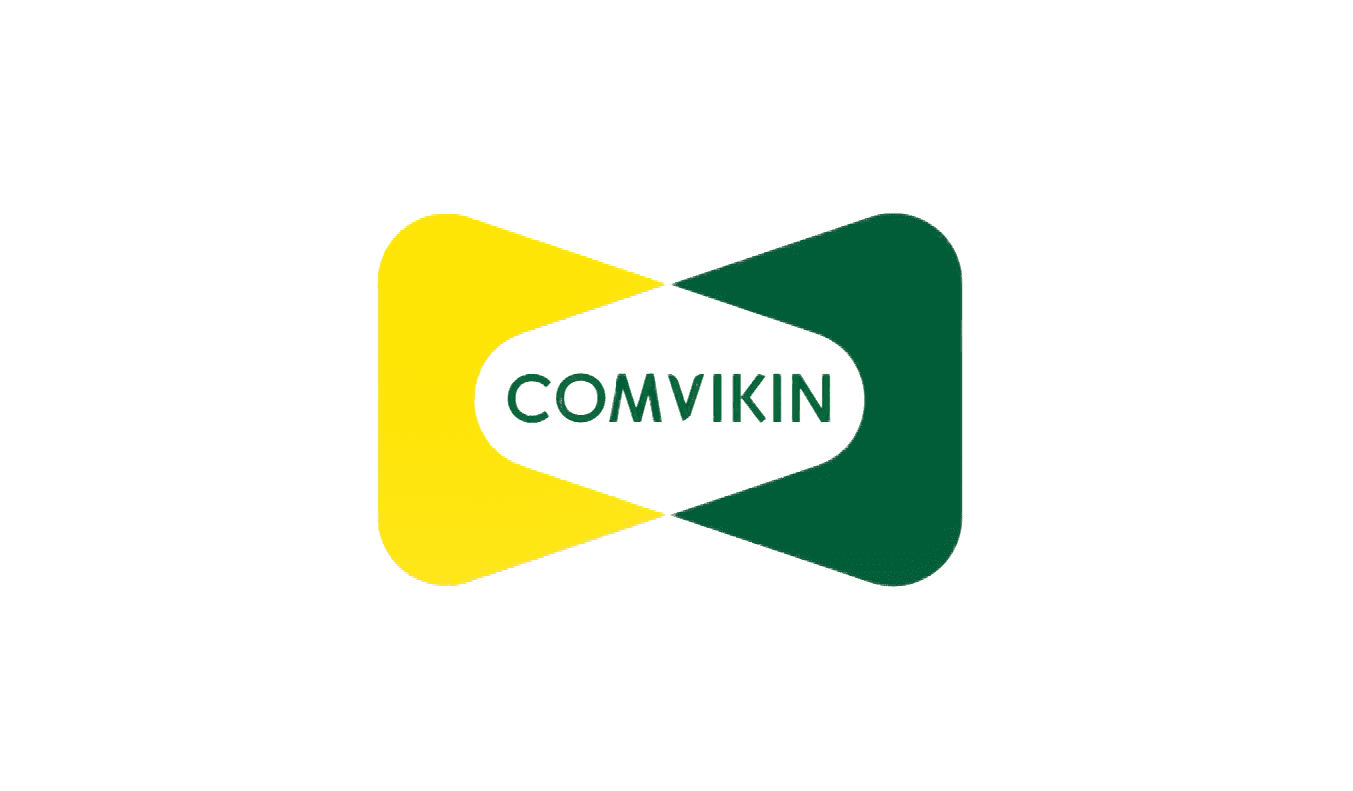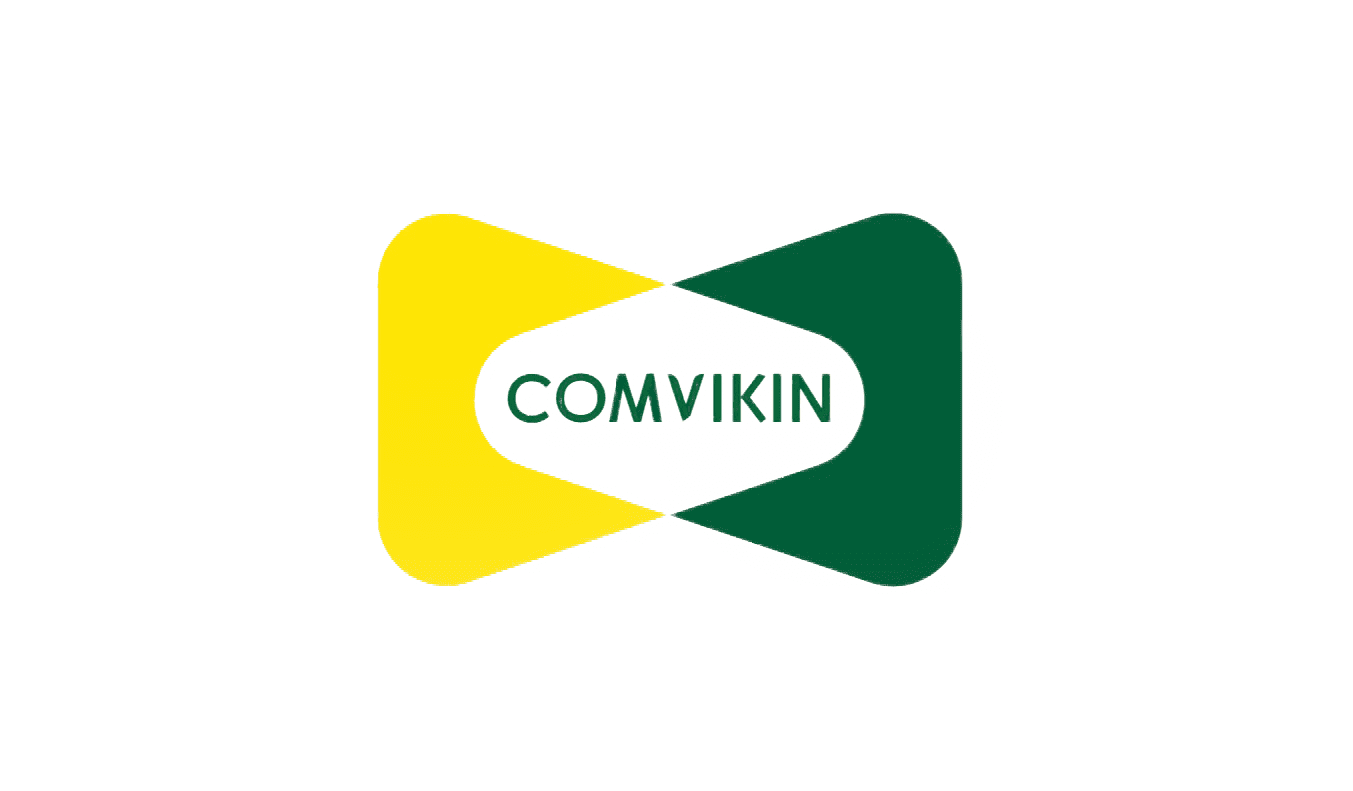Table of contents:
In the realm of vitamin C supplementation, the choice between liposomal vitamin C, vitamin C (ascorbic acid), and ascorbyl palmitate often prompts a consideration of individual health goals and product preferences. Each form boasts unique characteristics that cater to specific needs. Exploring the distinctive features of liposomal vitamin C, traditional ascorbic acid, and ascorbyl palmitate can aid in making an informed decision regarding the most suitable form for one's health and wellness journey.
Why Are Vitamins so Important for Daily Life?
Vitamins are vital for daily life as they play essential roles in key bodily functions. They act as coenzymes, supporting biochemical reactions for energy production. Certain vitamins, like C, bolster the immune system, while others, such as D, contribute to bone health. Vitamin A is crucial for vision and skin integrity. B-complex vitamins play a pivotal role in neurological function. Overall, a balanced diet rich in vitamins is fundamental for optimal health, preventing deficiencies and supporting various aspects of our well-being.
Traditional Vitamin C
To begin, vitamin C is an organic compound found in nature, predominantly abundant in fruits and vegetables. The term "vitamin C" acts as a comprehensive umbrella phrase covering diverse forms of this essential nutrient.
Here are examples of fruits and vegetables that are rich in vitamin C (per 100g):
Traditional Vitamin C Information Sheet:
| Aspect | Information |
|---|---|
| Chemical Name | Vitamin C (ascorbic acid) |
| Sources | Found in various fruits and vegetables, such as citrus fruits, strawberries, kiwi, broccoli, tomatoes, and bell peppers. |
| Function | - Essential for collagen synthesis |
| - Acts as an antioxidant, protecting cells from free radicals | |
| - Facilitates absorption of non-heme iron in the digestive tract | |
| Recommended Daily Intake | Varies by age, sex, and life stage. For adults, around 90 mg per day for men, and 75 mg per day for women. |
| Deficiency Symptoms | Scurvy - fatigue, muscle weakness, joint and muscle aches, bleeding gums |
| Overdose and Toxicity | Excess amounts usually excreted, but very high doses can cause gastrointestinal discomfort and diarrhea. |
| Benefits | - Boosts the immune system |
| - Supports healthy skin | |
| - Aids in the absorption of iron | |
| - May have antioxidant properties | |
| Forms | Available as ascorbic acid and calcium ascorbate in addition to natural sources. |
| Stability | Sensitive to heat and light; storage and cooking methods can affect vitamin content in food. |
| Considerations | Smoking and exposure to secondhand smoke increase the body's need for Vitamin C. |
| Individuals with certain medical conditions or dietary restrictions may need supplementation. |
Liposomal vitamin C stands as an enhanced iteration of vitamin C, or ascorbic acid. The term "improved" is employed due to vitamin C's intrinsic fragility and its tendency to exhibit low absorption rates, especially in elevated doses.
This innovative supplement comprises two primary components:
Component 1: Vitamin C
Ascorbic acid, the prevalent form of vitamin C in supplements, is utilized in two variations for Intelligent Labs Liposomal Vitamin C. These variants include Ascorbic Acid (comprising 96.6% per capsule) and a minor quantity of Ascorbyl Palmitate (making up 3.4% per capsule). Notably, ascorbic acid is water-soluble, while ascorbyl palmitate is fat-soluble. Both exhibit robust antioxidant properties, functioning as potent scavengers of free radicals.
Component 2: The Liposome
This minuscule delivery system plays a pivotal role in enhancing the absorption rates of vitamin C. Liposomes can be crafted from either natural or synthetic phospholipids, a crucial factor in absorption given that cells are surrounded by a phospholipid bilayer. In the formulation of our Liposomal Vitamin C supplement, the Phospholipid Complex is derived from coconut oil powder (standardized to 50% medium-chain triglycerides) and sunflower seed lecithin.
Ascorbyl Palmitate
Ascorbyl palmitate is a compound derived from ascorbic acid (vitamin C) and palmitic acid. It serves various purposes, primarily as an antioxidant and preservative. Unlike ascorbic acid, which is water-soluble, ascorbyl palmitate is fat-soluble, making it particularly useful in protecting lipid-rich substances from oxidation.
Due to its fat-soluble nature, ascorbyl palmitate is often utilized in the formulation of liposomal vitamin C supplements. In these formulations, it contributes to the stability of the product and enhances the overall antioxidant properties. The combination of water-soluble ascorbic acid and fat-soluble ascorbyl palmitate in such supplements aims to provide a more comprehensive and balanced approach to delivering the benefits of vitamin C.
Which Form of Ascorbyl Palmitate Is Best, Solid or Liquid?
Bioavailability:
Solid Ascorbyl Palmitate: In some cases, solid forms may have slower dissolution rates, potentially impacting the bioavailability of the compound. However, this can vary based on formulation and other factors.
Liquid Ascorbyl Palmitate: Liquid forms may offer faster absorption, potentially enhancing bioavailability. The solubility of the liquid form may contribute to better absorption in certain applications.
Convenience:
Solid Ascorbyl Palmitate: Solid forms are often more convenient in terms of handling, storage, and dosage accuracy. They are well-suited for applications where precise dosing is essential, such as in capsules or tablets.
Liquid Ascorbyl Palmitate: Liquid forms may be more convenient for formulations requiring easy mixing into liquid products or those where a precise, customizable dosage is necessary.
Storage and Shelf Life:
Solid Ascorbyl Palmitate: Solid forms generally have a longer shelf life and are less prone to degradation over time. They are often more stable during storage and transportation.
Liquid Ascorbyl Palmitate: Liquid forms may have a shorter shelf life due to potential oxidation or other stability concerns. Proper storage conditions, such as avoiding exposure to light and air, are crucial.
Price:
Solid Ascorbyl Palmitate: Solid forms may be more cost-effective in terms of manufacturing, transportation, and storage. They are often less expensive than their liquid counterparts.
Liquid Ascorbyl Palmitate: Liquid forms may be associated with higher production costs, potentially making them a more expensive option.
Liposomal Vitamin C Vs Vitamin C Vs Ascorbyl Palmitate: What Are the Health Benefits?
Liposomal Vitamin C:
Enhanced Absorption: Liposomal formulations are designed to improve the absorption of vitamin C. The liposomes can facilitate better delivery of the nutrient into cells, potentially enhancing its bioavailability.
Antioxidant Support: Like other forms of vitamin C, liposomal vitamin C acts as a potent antioxidant, helping to neutralize free radicals and protect cells from oxidative stress.
Immune System Support: Vitamin C is known for its role in supporting the immune system, and liposomal formulations may enhance its effectiveness by improving absorption.
Vitamin C (Ascorbic Acid):
Antioxidant Properties: Ascorbic acid serves as a powerful antioxidant, aiding in the protection of cells and tissues from damage caused by free radicals.
Collagen Synthesis: Vitamin C is essential for the synthesis of collagen, a structural protein crucial for skin, bones, and connective tissues.
Immune System Function: Vitamin C supports the immune system, helping the body defend against infections and illnesses.
Ascorbyl Palmitate:
Fat-Soluble Antioxidant: Ascorbyl palmitate, being fat-soluble, is particularly effective in protecting lipid-rich structures from oxidative damage.
Stability in Formulations: It is often used as a stabilizing agent in certain formulations, contributing to the stability of products, especially those containing fats or oils.
Skin Health: Ascorbyl palmitate is sometimes included in skincare products for its potential benefits in promoting skin health and reducing oxidative stress.
Here are some of vitamin C’s notable contributions to our wellness:
* It’s a co-factor in collagen formation. Without vitamin C, there would be no collagen. As such, if you’re taking our Collagen supplement, it’s best also to ensure you’re getting enough vitamin C. Collagen helps build and maintain various organs in the body, such as our skin, teeth, gums, cartilage, joints and bones, and blood vessels. It may even help prevent painful gout attacks!
* Vitamin C is also a powerful antioxidant, meaning it can help protect our cells from oxidative stress. Moreover, it can even regenerate vitamin E, another potent antioxidant.
* It also helps reduce tiredness and fatigue, and boosts energy levels at the same time.
* Vitamin C helps boost our immunity. Taking higher doses of vitamin C when you feel the onset of a cold may help.
* Vitamin C helps with neurotransmitter production and may help improve your mood!
* Promotes the absorption of plant-based iron. This may not sound like a big deal if you eat meat regularly (meat is a rich source of iron). But it is super helpful for vegans and vegetarians. Vitamin C can help prevent iron deficiency anemia.
| Aspect | Liposomal Vitamin C | Vitamin C (Ascorbic Acid) | Ascorbyl Palmitate |
|---|---|---|---|
| Form | Liposomal encapsulation of Vitamin C for enhanced absorption. | Typically available as ascorbic acid or other salts. | A fat-soluble form of Vitamin C, combining ascorbic acid with palmitic acid. |
| Composition | Vitamin C encapsulated in liposomes (tiny fat-like particles). | Pure ascorbic acid or its salt form. | Ascorbic acid esterified with palmitic acid. |
| Sources | Derived from ascorbic acid, incorporated into liposomal delivery systems. | Found in various fruits and vegetables, especially citrus fruits. | Often synthesized from ascorbic acid and palmitic acid. |
| Absorption | Enhanced absorption due to liposomal encapsulation. | Absorption depends on various factors; can be limited at higher doses. | Fat-soluble, absorption may be influenced by dietary fat. |
| Function | Supports collagen synthesis, acts as an antioxidant. | Supports collagen synthesis, antioxidant properties. | Antioxidant properties, may contribute to skin health. |
| Bioavailability | Generally considered to have higher bioavailability. | Bioavailability may vary; excess amounts excreted in urine. | Moderate bioavailability, influenced by fat absorption. |
| Recommended Dosage | Dosage may vary by product; follow recommended instructions. | Recommended Dietary Allowance varies by age, sex, and life stage. | Dosage may vary; follow product-specific recommendations. |
| Stability | More stable than traditional Vitamin C due to encapsulation. | Sensitive to heat and light; stability may be reduced over time. | More stable than ascorbic acid, but may degrade under certain conditions. |
| Taste/Texture | May have a different taste or texture compared to traditional forms. | Typically sour taste; various formulations available. | Typically available in supplement capsules. |
| Administration | Usually available in liquid form for oral consumption. | Various forms including tablets, capsules, and powders. | Often available in capsule form. |
| Considerations | Check for potential allergens in liposomal formulations (e.g., soy lecithin). | Excess amounts of ascorbic acid may cause digestive issues. | May be preferable for individuals avoiding soy-based products. |
| Cost | Tends to be relatively more expensive than traditional Vitamin C supplements. | Generally more affordable compared to liposomal forms. | Cost may vary; typically more expensive than ascorbic acid. |
| Common Use Cases | Individuals seeking enhanced absorption and bioavailability. | General vitamin supplementation, immune support. | Often used in skincare products for its antioxidant properties. |
Conclusion
Determining the best form of vitamin C depends on a variety of factors, including absorption preferences, intended use, and personal health goals. Whether you choose liposomal vitamin C for enhanced absorption, the classic antioxidant benefits of ascorbic acid, or the lipid protection provided by ascorbyl palmitate, the key is to choose based on your individual needs.
Notably, in the pursuit of high-quality vitamin C derivatives, companies such as Comvikin stand out in the production of ascorbyl palmitate. As a specialty factory, Comvikin emphasizes the expertise that goes into making this specific form, emphasizing the importance of reliable sources for obtaining high-quality Vitamin C supplements tailored to individual health needs.


